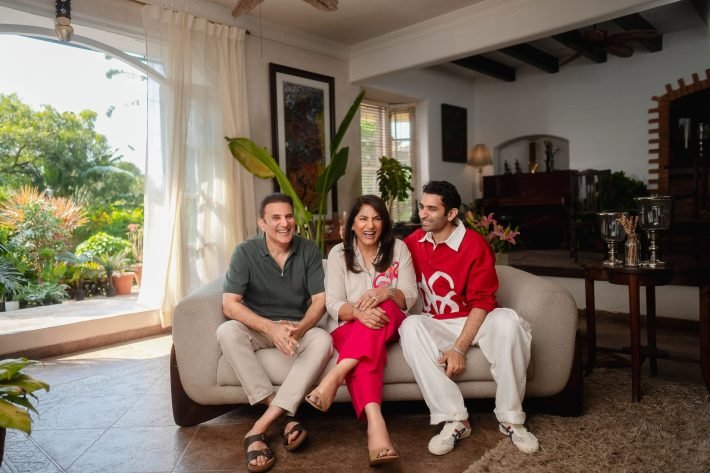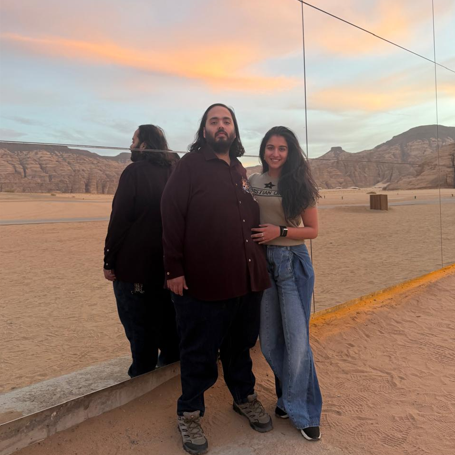Success. It is a term we use every day. But what is really meant by that? To most individuals, success is synonymous with being rich. A large home, a new automobile, exotic travel and a thick bank account. but is that everything? Or is wealth merely a means, not an end? TheGlitz finds out as it delves into what truly defines a fulfilling and meaningful life.
Today, in this article, we are going to discuss how the perception of the concept of success has evolved over the years, why pursuing money without any other purpose usually results in a feeling of emptiness in people, and finally, what success may entail in a modern setting.

The Traditional View of Success
Previously, society tended to measure success in terms of money that one possessed. In case one owned land, had a business, or a high salary, he or she was considered to be successful. Families sacrificed, worked long hours and saved every penny in order to make it.
Why? Since wealth attracted status. It provided power and comfort to people. It also provided their families with improved chances. This attitude became typical of most societies: as long as one is rich, then he or she has succeeded.
Why Wealth Isn’t Enough
It is time to admit it, money matters. It provides food, rent, health care and education. It provides us with options and takes away the stress regarding day-to-day necessities. However, money itself is not enough to buy happiness and calmness.
There are a lot of wealthy individuals who remain lost, lonely, or without fulfilment. They could possess all the things that money could purchase, but lack the things that really matter; love, purpose or good health.
Think about it: for example if you won the lottery, you’d likely feel excited. You could quit your job, buy your dream home, and travel the world. But after the excitement fades, what’s next? Without a clear purpose or meaningful goals, even millions can feel empty.
The Hidden Costs of Chasing Money
Focusing only on wealth can lead to burnout. Long work hours may hurt relationships. Stress can affect health. Constant comparison with others can create anxiety and self-doubt.
Many people get stuck in a cycle: work harder, earn more, buy bigger things, feel empty, and repeat. They miss out on the joys of life—family dinners, quiet walks, or hobbies—because they’re always chasing “more.”
Wealth becomes a trap instead of a gift.
Success Is About Balance
So what about redefining success?
What would happen if being success was defined as leading a life that is right to you, rather than what appears good to everyone? Maybe even to the most famous person in the world? But what if it would give you the time to spend with the people you love, contribute to the community you live in and work on something you believe in?
In this instance, wealth is just a means, not an end. And it aids in supporting your objectives, not in defining them.
Consider wealth as a fuel. With a tankful, you can go a long way. But without knowing where you are going, what is the use of the travel?
Different People, Different Goals
Success is not one-size-fits-all. For some, it might mean starting a small business and becoming financially independent. For others, it could be raising a happy family, creating art, helping others, or protecting the environment.
Money can support all these goals, but it’s not the goal itself.
We’ve seen people living in modest homes who are full of joy. We’ve also seen people in mansions who feel alone. The difference isn’t their bank balance—it’s how they live and what they value.
The Rise of Purpose-Driven Living
More people today are redefining success. They are looking for meaning, not just money.
This shift is seen in movements like minimalism, remote work, and entrepreneurship. People want more freedom, more time, and more purpose.
They are asking questions like:
- Do I enjoy what I do each day?
- Am I growing as a person?
- Do I have strong relationships?
- Do I give back to others?
These questions are reshaping what it means to succeed.
Money as a Support System
Let’s be clear—there’s nothing wrong with wanting to earn more. It’s okay to want financial freedom. But the key is not to make money the only goal.
Use money to support the life you want, not define your worth.
Here are a few examples:
- If you love travel, wealth can help you explore new cultures.
- If you care about education, money can help you learn new skills.
- If you want to help others, money can support your mission.
Wealth becomes meaningful when it aligns with your values.
Finding Your Own Definition of Success
So how do you know what success means to you?
Start by asking yourself:
- What sort of life do I wish to wake up to?
- What are my favorite people–and why?
- What is the legacy that I desire?
The answers you already have can help you build a rich and meaningful life—even if you never have a million dollars.
Success is not a competition. It is not a matter of competing with others. It is the process of making yourself the best.
The Power of a Rich Life
At the end of the day, most people don’t just want more money—they want what they believe money will bring: peace, freedom, joy, or love.
The good news is, you don’t always need a big bank account to get those things. A rich life can include:
- Strong friendships
- Good health
- Deep conversations
- A sense of purpose
- Creative freedom
- Time to rest and recharge
If you have these things, you are already wealthy in many ways.
Conclusion
Wealth is useful- and it is not the whole story. It means that it’s not an end. Real success is when you are able to live your life in accordance with your values, your dreams and your purpose.
And rather than thinking, “How much money would I like?”, think about it, “What do I want to do with my life?”.
Use that as your guide–and use wealth, rather than letting it use you.












